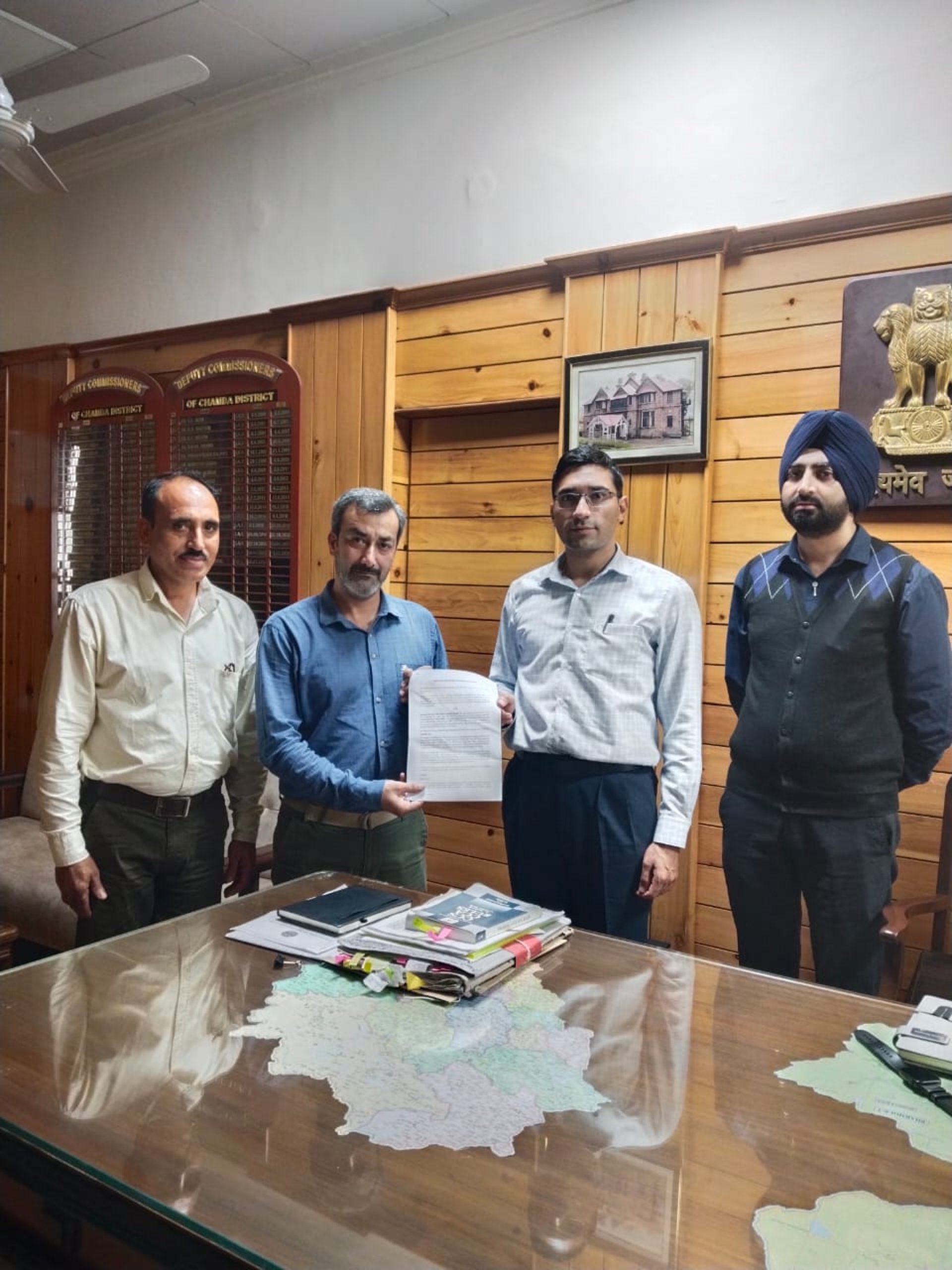
05.07.25
DC Office, Chamba, and ISB Sign a Three-Year MoU to Promote a Sustainable Forest Economy in Himachal Pradesh
The Deputy Commissioner’s (DC) Office, Chamba, has signed a landmark three-year Memorandum of Understanding (MoU) with the Indian School of Business (ISB) through its Bharti Institute of Public Policy (BIPP). The collaboration aims to strengthen forest governance, enhance community tenure security, and catalyse women-centred livelihood opportunities in Himachal Pradesh.
Scope of Collaboration
The partnership encompasses six major areas of intervention to create a robust forest economic model in the Chamba district.
Resource Inventory and Technology Integration: BIPP–ISB will use its advanced digital and geospatial technology platform, nCount, to create comprehensive inventories of seasonal forest products (SFPs). These inventories will support precise distribution mapping, abundance analyses, and production estimates.
Implementation of Community Forest Resource Rights (CFRR): The collaboration will accelerate the processing of CFRR claims under the Scheduled Tribes and Other Traditional Forest Dwellers (Recognition of Forest Rights) Act, 2006 (Forest Rights Act, FRA). It will also facilitate the formation of Community Forest Resource Management Committees (CFRMCs) and support the development of sustainable management plans under the FRA.
Women-Centric Enterprise Development: The partnership will establish women-led community enterprises around identified SFPs, providing comprehensive support, including business planning, capacity building, and market-linkage development.
Institutional Capacity Building: Joint training programmes will be conducted for Forest Rights Committee (FRC) members, Gram Panchayat representatives, Sub-Divisional Level Committee (SDLC) members, and forest department personnel. Topics will include the FRA and digital and geospatial techniques for resource inventory mapping.
Joint Coordination Mechanism: An FRA Coordination Unit will be established at the DC Office, comprising government officials and BIPP–ISB team members, to ensure seamless implementation of all CFRR-related activities.
Research and Documentation: Case studies will be developed, best practices will be documented, and scalable models for state-wide replication will be created, with joint intellectual property rights.
